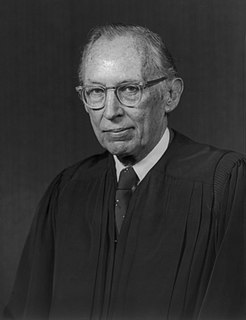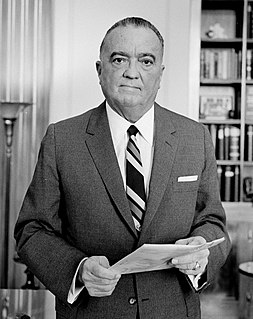A Quote by Aristotle
For man, when perfected, is the best of animals, but, when separated from law and justice, he is the worst of all; since armed injustice is the more dangerous, and he is equipped at birth with the arms of intelligence and with moral qualities which he may use for the worst ends. Wherefore, if he have not virtue, he is the most unholy and the most savage of animals, and the most full of lust and gluttony. But justice is the bond of men in states, and the administration of justice, which is the determination of what is just, is the principle of order in political society.
Quote Topics
Administration
Administration Of Justice
Animals
Armed
Arms
Best
Birth
Bond
Dangerous
Determination
Ends
Equipped
Full
Gluttony
Injustice
Intelligence
Just
Justice
Law
Law And Justice
Lust
Man
May
Men
Moral
More
Most
Order
Political
Principle
Qualities
Savage
Separated
Since
Society
States
Unholy
Use
Virtue
Which
Worst
Related Quotes
Man perfected by society is the best of all animals; he is the most terrible of all when he lives without law and without justice. If he finds himself an individual who cannot live in society, or who pretends he has need of only his own resources do not consider him as a member of humanity; he is a savage beast or a god.
With kings, nations, and private individuals, the strongest assume to themselves rights over the weakest, and the same rule is followed by animals, by matter, by the elements, so that everything is performed in the universe by violence. And that order which we blame with some appearance of justice is the most universal, most absolute, most unchangeable, and most ancient law of nature.
Two things, Christian reader, particularly excite the will of man to good. A principle of justice is one, the other the profit we may derive therefrom. All wise men, therefore, agree that justice and profit are the two most powerful inducements to move our wills to any undertaking. Now, though men seek profit more frequently than justice, yet justice is in itself more powerful.
Equal justice under law is not merely a caption on the facade of the Supreme Court building, it is perhaps the most inspiring ideal of our society. It is one of the ends for which our entire legal system exists...it is fundamental that justice should be the same, in substance and availability, without regard to economic status.
...Perses, hear me out on justice, and take what I have to say to heart; cease thinking of violence. For the son of Kronos, Zeus, has ordained this law to men: that fishes and wild beasts and winged birds should devour one another, since there is no justice in them; but to mankind he gave justice which proves for the best.
...the statement, "The purpose of the law is to cause justice to reign," is not a rigorously accurate statement. It ought to be stated that the purpose of the law is to prevent injustice from reigning. In fact, it is injustice, instead of justice, that has an existence of its own. Justice is achieved only when injustice is absent.
In its pursuit of justice for a segment of society, in disregard of the consequences for society as a whole, what is called 'social justice' might more accurately be called anti-social justice, since what consistently gets ignored or dismissed are precisely the costs to society. Such a conception of justice seeks to correct, not only biased or discriminatory acts by individuals or by social institutions, but unmerited disadvantages in general, from whatever source they may arise.







































